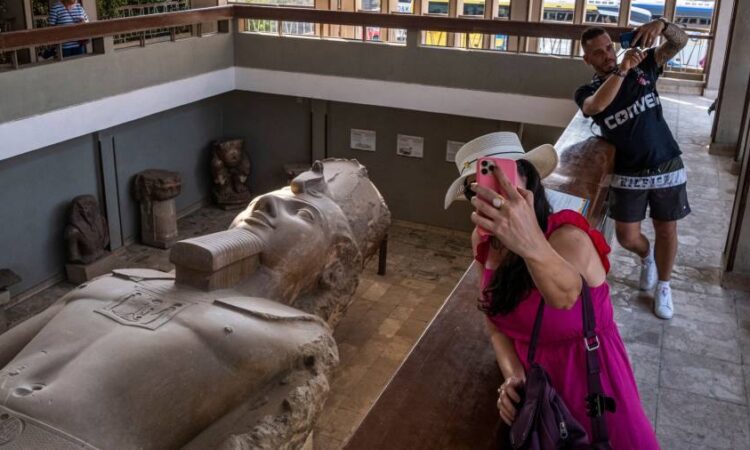
Egypt is quickly emerging as a more affordable holiday destination for British travellers, according to the Post Office Holiday Money Index.
Sterling was up 72 per cent year-on-year against the Egyptian pound between February last year and this January, with customers able to buy the equivalent of £210 more on a £500 currency transaction.
Tourist numbers have gradually recovered in the region after security concerns and the pandemic, with arrivals likely to be welcomed in an economy battling 26 per cent inflation.
“A destination like Sharm el-Sheikh may prove cheaper because of the Egyptian pound’s steep fall in value against sterling,” said Ed Dutton, portfolio director at the Post Office. He said Britons should factor in the pound’s falling value when planning and budgeting for holidays.
The results followed a year in which Britons travelled further afield, despite a dip in sterling against most major currencies last year, including the euro and the dollar, impacting spending power abroad.
Sales of East Caribbean dollars and the Mexican peso have continued to make gains against pre-pandemic levels, up 137 per cent and 52 per cent since 2019-20. This trend has persisted despite sterling’s losses against the two currencies last year.
Demand for New Zealand’s currency — sales were up 2,734 per cent last year — suggest British tourists were quick to return to the Pacific nation after it dropped strict quarantine restrictions. Demand for Japanese yen was also up significantly by 23,314 per cent after the island nation reopened its borders last October.
Dutton added: “There is no doubting the strong appetite for trips to New Zealand from UK holidaymakers . . . we saw a strong increase in demand last month, making the New Zealand dollar our fourth bestseller behind the euro, US dollar and Australian dollar.”



